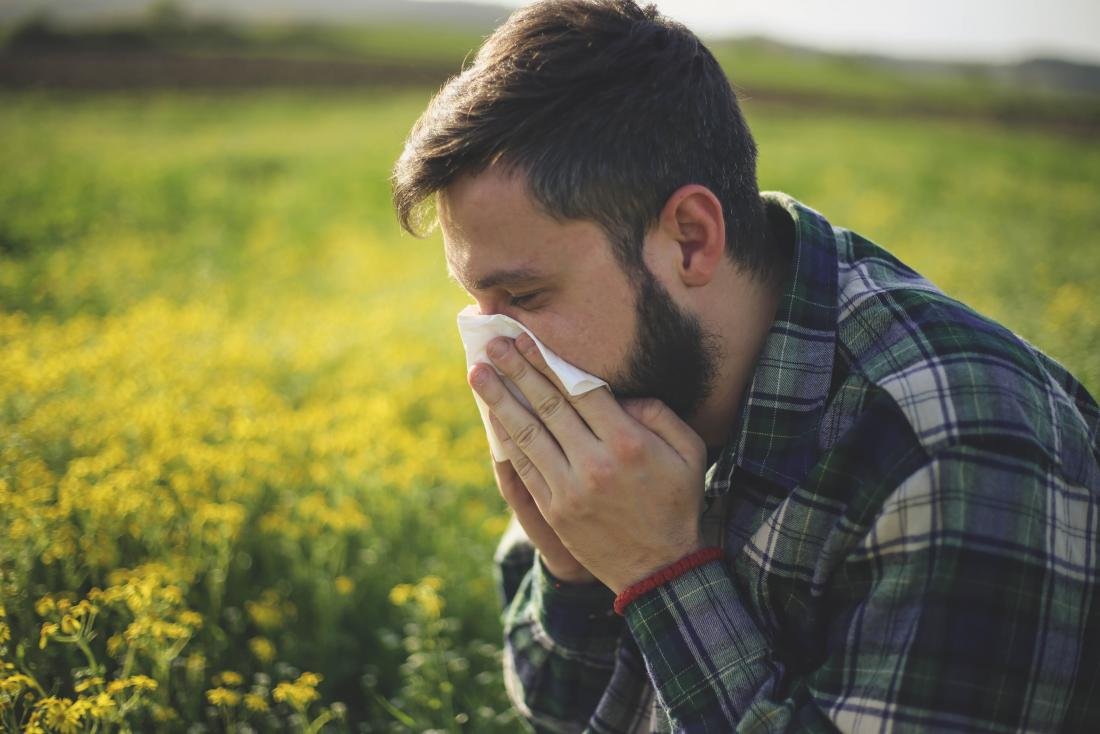
What’s the Healthiest Way to Work with Fever?
There are times when you find that the way you have been approaching things, even if it is by doing exactly what you were instructed to do, is backwards. I remember vividly a professor saying in the first week of medical school that “fifty-percent of what we are going to teach you is wrong and will be corrected over time–the problem is that now we don’t know which half.” That was a remarkable admission from a very experienced and seasoned clinician.
I believe that not so many years from now we will recognize that the way we have been working with fever is all wrong. Too often fever is treated as a bad symptom (and yes, you might temporarily feel better if your temperature is lowered), but routine fever treatment blinds us to fever’s essential role as a tool of the immune system. The importance of fever has long been appreciated within anthroposophic medicine, and now it is increasingly confirmed by good, modern, scientific data.
Below are some facts and recommendations that might help shift your thinking a bit.

Don’t Wash your Dishes so Well
What can you do when something bothers your digestion? This is an important question, as there are sure a lot of people with food allergies and sensitivities right now. One logical, initial step is to work to identify what it is that is bothering you (food diaries and allergy elimination diets work well for this). Then, when you have confirmed that something is a problem you should make sure that we are not eating it in excess. Sometimes it is even necessary to eliminate it from your diet completely. This gets to be a little bit of a complicated issue because, more and more, as we eliminate certain foods from the diet (like gluten) other foods tend to take a larger part of what we take in (like corn). Blood testing for antibodies, skin testing for reactions, and muscle testing are all important tools too. But then what do you do with the information? When we take something out of our diet, does that mean we can never eat it again?

Why Warmth is so Important
It is really important to nurture and protect your warmth. Warmth deserves more attention than it usually gets. Warmth holds a very special place in the life of both the developing child and the adult, because it works throughout the entire spectrum of human experience. There is physical warmth, emotional warmth—the warmth of love, of generosity, of true morality—and all of these “warmths” pour over and merge with each other. Perhaps most importantly, warmth is the essential ingredient in transformative work. Without warmth we cannot change, and our life is full of processes of growth and adaptation. Warmth helps us be healthy human beings on many different levels.

What is an allergy?
It's clear that allergies are much more prevalent today than they were in the past. One study estimated that rates of pediatric allergy have increased by 600% since 1970, so that a child today is about 7 times more likely to have an allergy than 40 years ago. What is contributing to this? There are probably many factors, but when we begin to think about allergy as a disruption of our healthy borders–first a loss of border too far in, and then a pushing of our border too far out–we can better understand how it can be addressed. Because we need to start at the root cause. Antihistamines and steroids reduce the inflammatory symptoms, but they do not heal our boundary. So it is useful to look at two extremes of border imbalance.